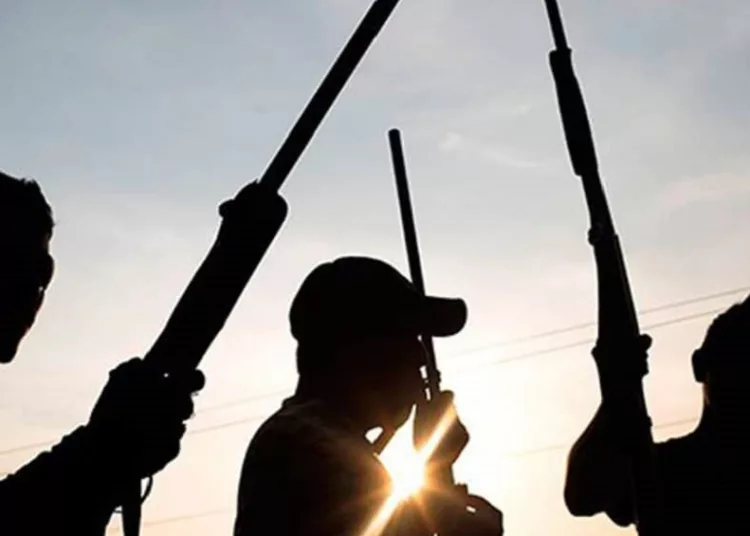As the people of Nigeria continue to grapple with the seemingly endless scourge of terrorism and banditry in the northern regions, a new and ominous threat has emerged, demanding urgent and decisive action from our military forces.
The military has sounded the alarm on the emergence of a new terror group known as “Lakurawa,” which has now established a presence in Kebbi and Sokoto states. Announcing their arrival, the group reportedly killed 15 people and rustled over 100 cows on Saturday in Mera, Augie local government area of Kebbi State.
This development is particularly troubling, coming at a time when the nation’s security forces are already stretched thin, battling the long-standing menace of Boko Haram in the Northeast and the rapidly escalating crisis of banditry sweeping across the North West and North Central zones.
According to reports, between 2011 and 2023, Boko Haram has caused over 38,000 deaths in Nigeria.
Their tactics include suicide bombings, abductions, torture, rape, forced marriages, recruitment of child soldiers, and attacks against government infrastructure, traditional and religious leaders, and civilians. Similarly, bandit groups continue to carry out widespread killings, kidnappings, and looting across several states in the Northwest and North Central.
The details provided by the Nigerian Military High Command are deeply troubling. According to Major General Edward Buba, the Lakurawa group has exploited the breakdown in military cooperation between Nigeria and neighboring Niger following the recent coup d’état. With the joint border operations that previously kept them at bay now compromised, these terrorists have poured across the frontier to make dangerous inroads into our country’s northwestern regions.
Perhaps most chilling is the revelation that the Lakurawa have been able to gain a foothold by embedding themselves within local communities, who initially welcomed them under the misguided belief that they meant well.
This speaks to the insidious nature of these terrorist organisations, which often cloak their nefarious activities under the guise of providing assistance or protection to vulnerable communities. By the time the true nature of the Lakurawa threat is recognised, it may be too late to contain the damage.
It is a testament to the resilience and determination of our gallant military personnel that they have been able to maintain pressure on the Boko Haram insurgency and the bandit groups, even as these new challenges emerge.
However, the reality is that our security forces are being stretched to their limits, and the government must take urgent and decisive action to reinforce and bolster their capabilities to deal with this multi-pronged threat.
The emergence of Lakurawa shows that the fight against terrorism in Nigeria is far from over. Despite the significant gains made in recent years, with thousands of Boko Haram fighters neutralised and hundreds of hostages rescued, the terrorist menace continues to evolve and adapt, constantly seeking new vulnerabilities to exploit.
The battle-hardened Boko Haram fighters, who have been pushed out of their strongholds in the Northeast, are now aligning themselves with these new groups, further compounding the security challenges faced by our military.
In the considered opinion of this newspaper, the government must heed the warnings from the military and act swiftly to crush the Lakurawa threat before it can take root and grow into an even more formidable force.
Failure to do so would be a grave disservice to the people of Nigeria, who have already endured far too much suffering at the hands of these extremist groups. The stakes could not be higher, as the very fabric of our nation’s unity and territorial integrity hangs in the balance.
It is imperative that the military be provided with the necessary resources, equipment, and support to wage an unrelenting campaign against this new enemy.
The government must also explore every diplomatic avenue to strengthen regional cooperation and intelligence-sharing with neighboring countries, ensuring that our borders are secured and that terrorists have no haven to operate from.
Moreover, the government must address the underlying social and economic factors that have contributed to the rise of these terrorist groups, such as poverty, lack of economic opportunities, and the marginalisation of certain communities.
By investing in sustainable development, improving access to education and healthcare, and creating meaningful employment prospects, we can undermine the appeal of extremist ideologies and deny the terrorists the pool of disaffected youths they seek to exploit.
The people of Nigeria have endured far too much suffering at the hands of these terrorist groups, and the time has come to put an end to their reign of terror once and for all.





